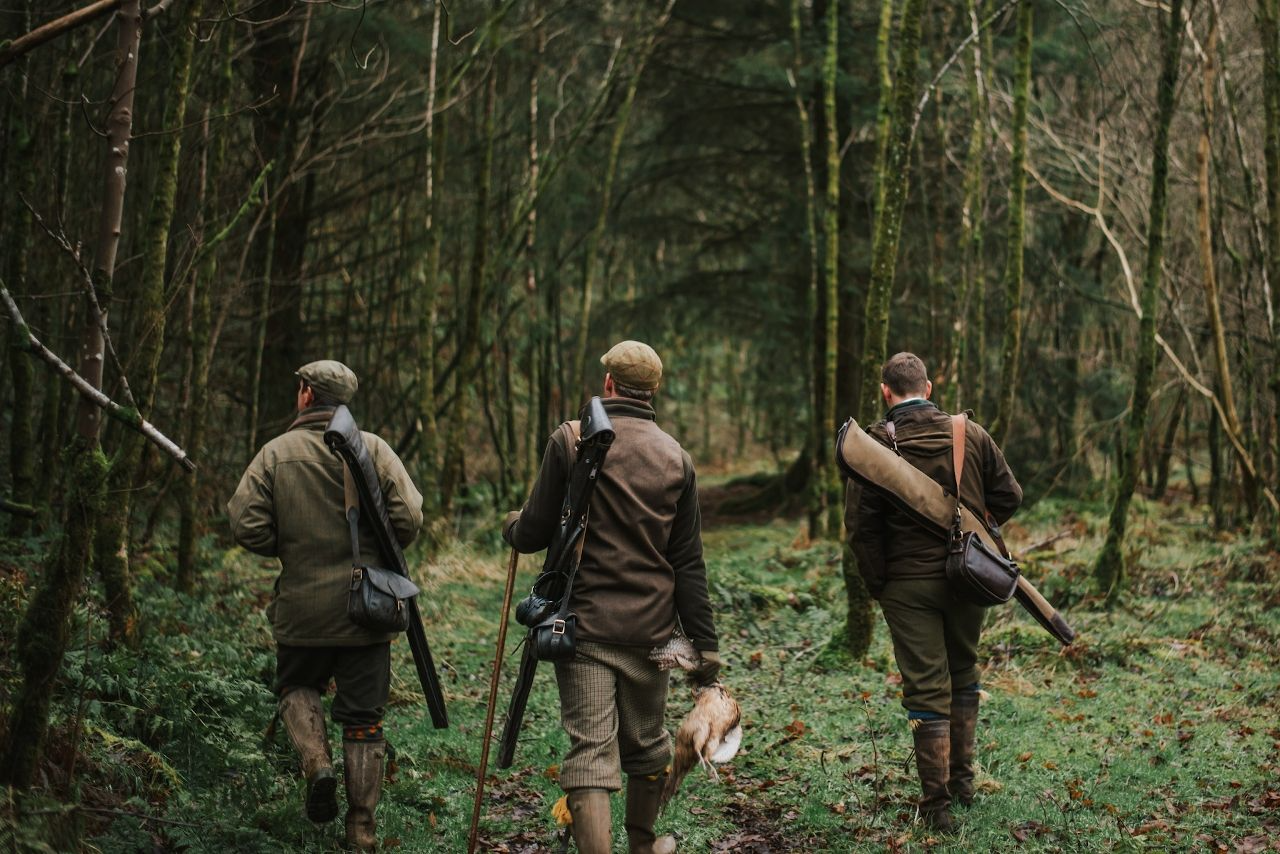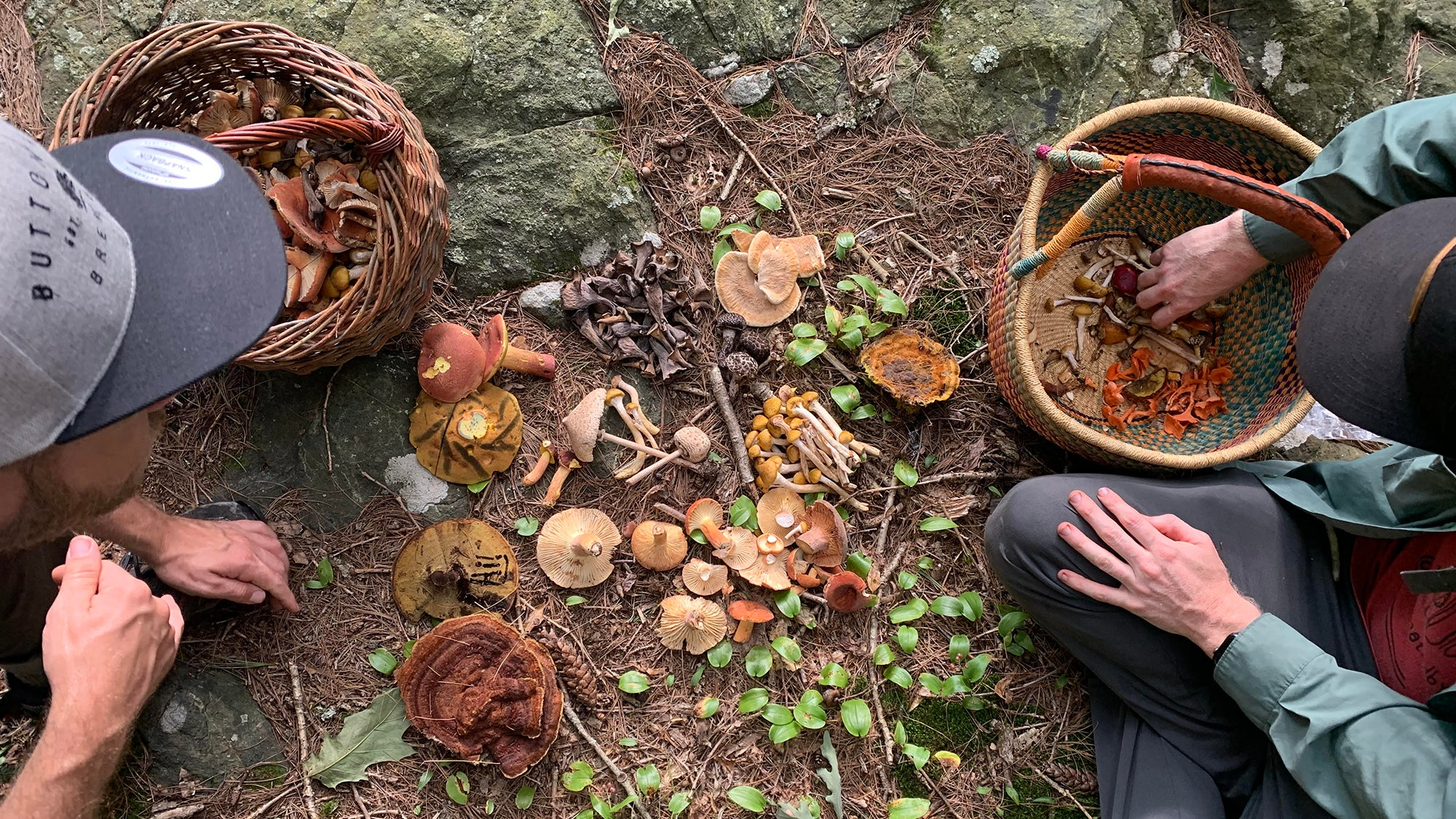The art of mushroom hunting: how foraging connects us to nature and boosts well-being
In recent years, there has been a growing interest in activities that foster a deeper connection to the natural world, and mushroom hunting—or foraging—has become a beloved pursuit for many. While some are drawn to the culinary rewards of wild mushrooms, the act of foraging offers much more than just the promise of a tasty meal. It is an immersive experience that nurtures well-being, fosters mindfulness, and enhances our relationship with nature. Let’s explore the art of mushroom hunting and discover how it benefits both the mind and body.
The art of mushroom hunting: how foraging connects us to nature and boosts well-being
1. Reconnecting with nature
In today’s fast-paced, technology-driven world, many of us feel increasingly disconnected from nature. Mushroom hunting provides the perfect opportunity to break away from screens, schedules, and distractions. Venturing into forests, meadows, or woodlands in search of mushrooms requires us to engage with our environment in a way that is both mindful and purposeful.
Foraging encourages us to slow down and observe the natural world closely. Every step requires attention to the earth beneath our feet, to the patterns of light filtering through trees, and to the textures and shapes of plants and fungi. This mindful engagement fosters a deep sense of connection to the ecosystems we are exploring, allowing us to appreciate the beauty and complexity of nature in a way that few other activities can.

2. Mindfulness and mental clarity
Mushroom hunting is more than just a physical activity—it’s also a mental exercise in focus and mindfulness. To successfully find wild mushrooms, foragers must be fully present in the moment, carefully scanning their surroundings for subtle signs of fungal growth. This focus on the task at hand helps quiet the mind, reducing stress and anxiety.
In many ways, foraging is a form of moving meditation. The repetitive action of walking through the woods, combined with the need for concentration, allows for a state of flow where everyday worries fade away. By immersing ourselves in the natural world and focusing on the present moment, mushroom hunting offers a powerful antidote to the stress of modern life.
3. The joy of discovery and curiosity
One of the most rewarding aspects of mushroom hunting is the thrill of discovery. Unlike grocery shopping, where everything is neatly labeled and pre-packaged, foraging for mushrooms is an adventure. There’s a sense of excitement that comes with finding an unexpected patch of chanterelles or stumbling upon a hidden morel. Every mushroom you find feels like a small victory, a treasure from the earth.
Foraging also fosters curiosity. Learning to identify mushrooms involves studying their shapes, colors, textures, and habitats. As you become more familiar with different species, you’ll find yourself wanting to know more about the ecosystems they thrive in, the symbiotic relationships they form with trees, and the roles they play in nature. This curiosity and sense of wonder enrich the experience and keep you coming back for more.
4. Boosting physical health
While mushroom hunting may not seem like a rigorous workout, it offers a range of physical health benefits. Walking through uneven terrain, climbing hills, or crouching down to examine a mushroom provides a gentle form of exercise that engages various muscle groups. The fresh air and natural light further enhance the experience, promoting better mood, energy levels, and overall vitality.
Foragers often cover several miles on foot during a mushroom hunt, making it an excellent low-impact cardiovascular activity. Regular foraging trips can help improve endurance, strength, and flexibility, all while being immersed in nature.
5. A sustainable approach to food
Foraging for wild mushrooms is a sustainable way to connect with food. Rather than relying on industrial farming and long supply chains, mushroom hunters gather their bounty directly from the earth, reducing their ecological footprint. This form of harvesting aligns with a growing interest in local and seasonal foods, and foragers develop a greater appreciation for the cycles of nature that provide these edible treasures.
Mushroom hunting also fosters a deeper respect for the environment. Responsible foraging practices, such as only taking what you need and avoiding damaging the surrounding ecosystem, encourage a symbiotic relationship with nature. Many foragers find that this mindful approach to harvesting wild mushrooms helps cultivate a more sustainable and ethical way of thinking about food.
6. A social and community-building activity
While foraging can be a solo activity, it is often done in groups, creating a social experience that brings people together. Mushroom hunting clubs, workshops, and foraging walks are popular ways for people to connect with others who share their interest in nature and wild food. These gatherings offer a chance to exchange knowledge, share experiences, and deepen bonds within the community.
For many, mushroom hunting becomes a cherished family tradition, with parents passing down knowledge to their children and creating lasting memories together. The communal aspect of foraging enhances its benefits, providing not just personal well-being but also a sense of belonging and shared purpose.
7. Nutritional and culinary rewards
Of course, one of the most delightful aspects of mushroom hunting is the opportunity to enjoy fresh, wild mushrooms in the kitchen. Many edible mushrooms, such as chanterelles, porcini, and morels, are highly prized for their rich flavors and unique textures. These mushrooms are often difficult to cultivate, making them a rare treat for those who can find them in the wild.
Wild mushrooms are also packed with nutrients, including vitamins, minerals, and antioxidants. They are a low-calorie, high-fiber food that supports overall health. Incorporating foraged mushrooms into your meals not only adds delicious flavors but also boosts the nutritional value of your diet.
Conclusion: the art of mushroom hunting and its lasting impact
Mushroom hunting is far more than a hobby; it is an enriching experience that fosters a deep connection to the natural world. The act of foraging offers mental clarity, physical exercise, and the joy of discovery while allowing us to appreciate the delicate balance of the ecosystems that sustain us. It’s a practice that promotes mindfulness, curiosity, and well-being, all while offering the satisfaction of bringing home delicious, wild-grown food.
As more people seek meaningful ways to reconnect with nature, mushroom hunting is becoming a beloved way to slow down, explore, and nurture both body and mind. Whether you’re a seasoned forager or new to the world of wild mushrooms, the benefits of this ancient practice are undeniable. So, grab a basket, head into the woods, and embark on your own foraging journey—you’ll find that the rewards go far beyond the mushrooms you collect.























